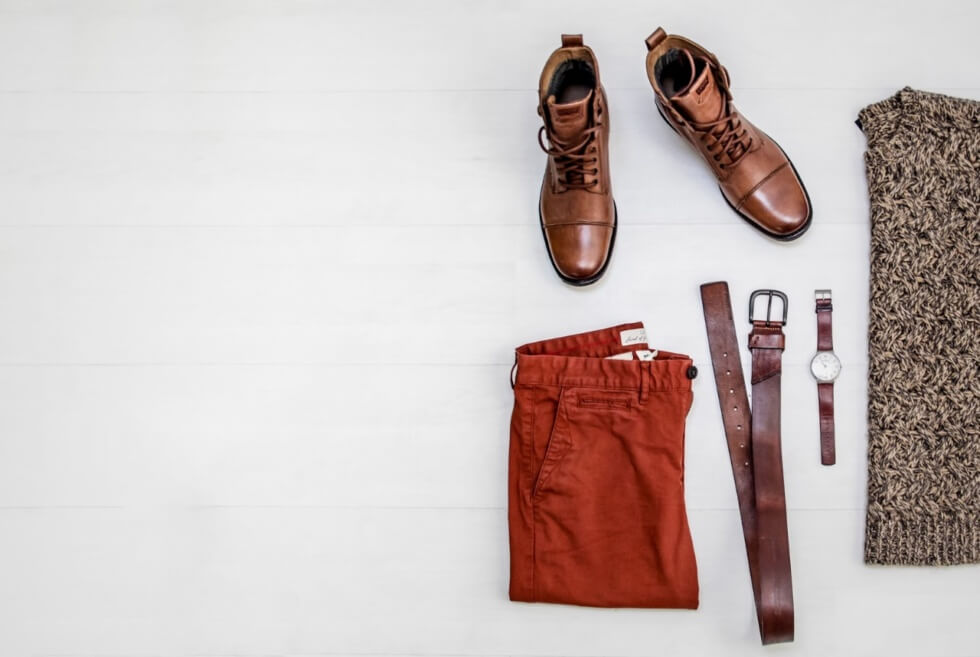There are at least a dozen apps on my phone that are meant to help customize my life. I have a few personalized diet apps, a training program that tracks my progress at the gym, a medical app that lets me speak directly to my doctor, shopping apps that pre-filter clothes based on my sizes and color preferences. There’s even a TV app where I’ve set alerts for my favorite shows. This doesn’t count social media apps that use their algorithms to “guess” what news and updates I want to see — and cut out what I don’t care about.
We’re living in the age of personalization: a one-size-fits-all mentality no longer exists. Consumers expect products and experiences tailored specifically to them, no matter what it is or when they want it. So is it any surprise that the verve for customization has finally reached our faces? Skincare is a unique field that blends the aesthetic and the medical, allowing users to see real results in real time. And as consumers demand products that work better, faster and easier than ever before, they’re turning to customized products in the hope that they’ll make their skin better with minimal effort.
“People don’t want a hundred mediocre things,” said one founder of a custom skincare line. “They want a few of the best things.”
Haters will say it’s marketing, but when it comes to skincare, there can be some real muscle behind it. “As we better understand our genetics and the differences between each other, the idea of customized healthcare is becoming a reality,” says Dr. Joshua Zeichner, a research director in the dermatology department of New York’s Mount Sinai Hospital. “Customized skin care can be beneficial to patients. What you need is often different from what your best friend needs.” And with the recent explosion in personalized options, it can be easier to get than you think.
Ming Zhao’s own experience with personalized skincare inspired her to create Proven, a new direct-to-consumer customized skincare company. After trying hundreds of products that over-promised and under-delivered, the only thing she found that really improved her skin were expensive bespoke products specially mixed by a “skin guru.” They cost her thousands of dollars — but they worked. When she met Amy Yuan, a data scientist who had created an AI-based database to aggregate and analyze information about atopic dermatitis, a chronic skin condition Yuan happened to suffer from, Proven was born.
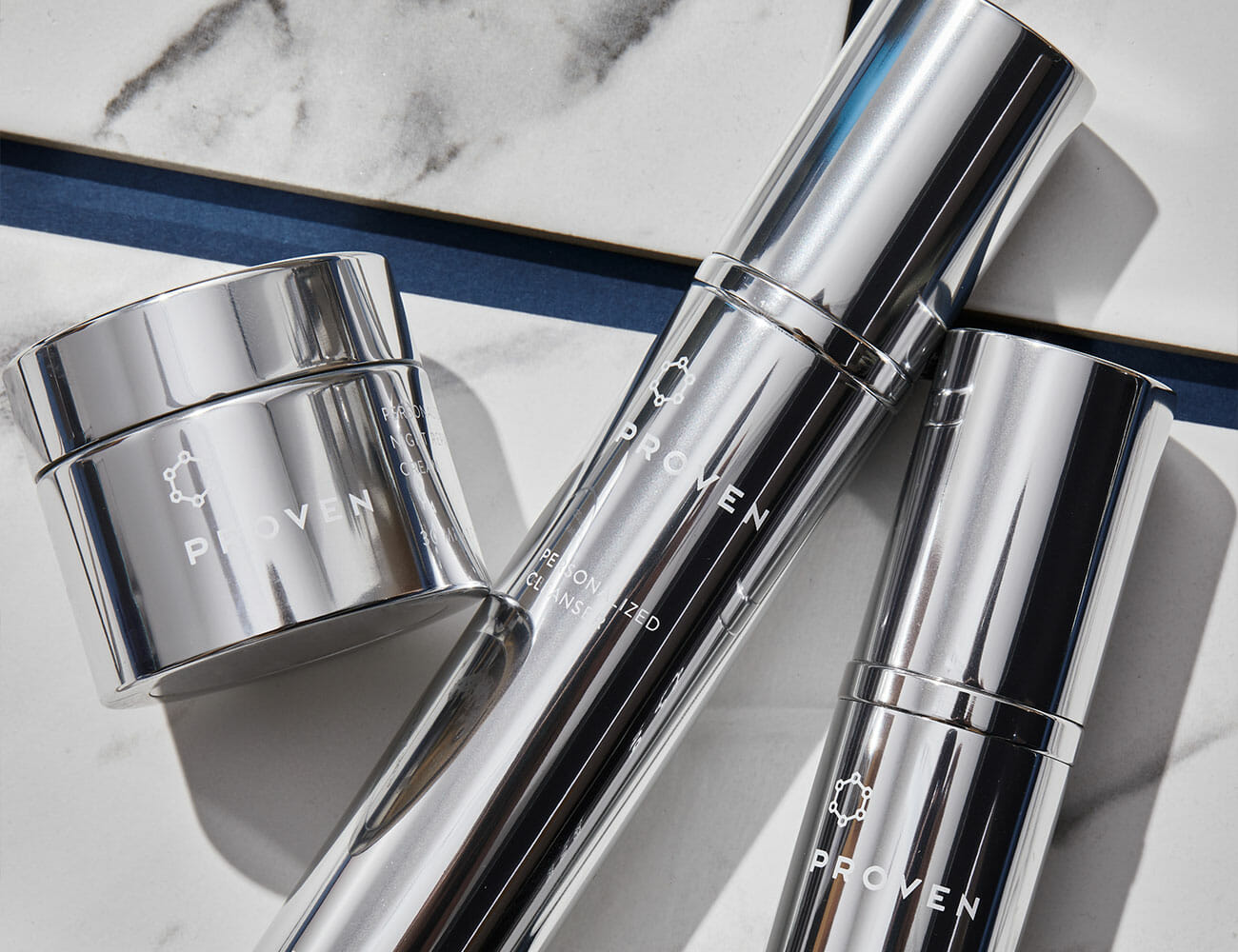
Proven Skincare distills analysis from over 4,000 clinical studies to create a custom skincare regimen for its users.
Zhao and Yuan partnered with Stanford dermatologist Dr. Tyler Hollmig to interpret their skin database (which they are now calling the Skin Genome Project) into custom formulations based on 27 factors, ranging from genetics and gender to environmental pollutants and UV damage. Customers complete a survey which allows Proven’s algorithm to match their specific needs to a pre-existing formula. “It’s not bespoke, as in we are not mixing each product one-to-one,” says Zhao. Part of this is to keep cost down (Proven is $145 for a regimen of three products that will last two months).
While there are some skin conditions that Proven’s wide range of formulas cannot treat, like certain forms of dermatitis that could be signs of larger autoimmune or dietary issues, “the more users and data we get, the more we will be able to customize products for more people,” says Zhao. The draw of Proven, she says, is just as much about the conversation with users as it is the product itself. “The most important thing is listening to our consumers and what they really need based on who they are,” she says. “That’s the future of consumer products. People don’t want a hundred mediocre things, they want a few of the best things.”
Delivering what the customer needs, though, can be tricky when the customer doesn’t even know what that is. It’s a particular problem when it comes to men, who have been “underserved by the skincare industry,” says Nick Allen, founder of male-focused custom skincare line Geologie. Like Zhao, he started Geologie out of personal experience. After traveling exposed him to Korean skincare products and he started using them, he noticed a marked improvement in his skin. But when he wanted to learn more, he was lost. “I had no idea what kind of skin I had,” he says. “I hopped online and stopped dead in my tracks. The people at the department stores tried to sell me a $400 cream that I wasn’t sure I needed. It was too much for me.”
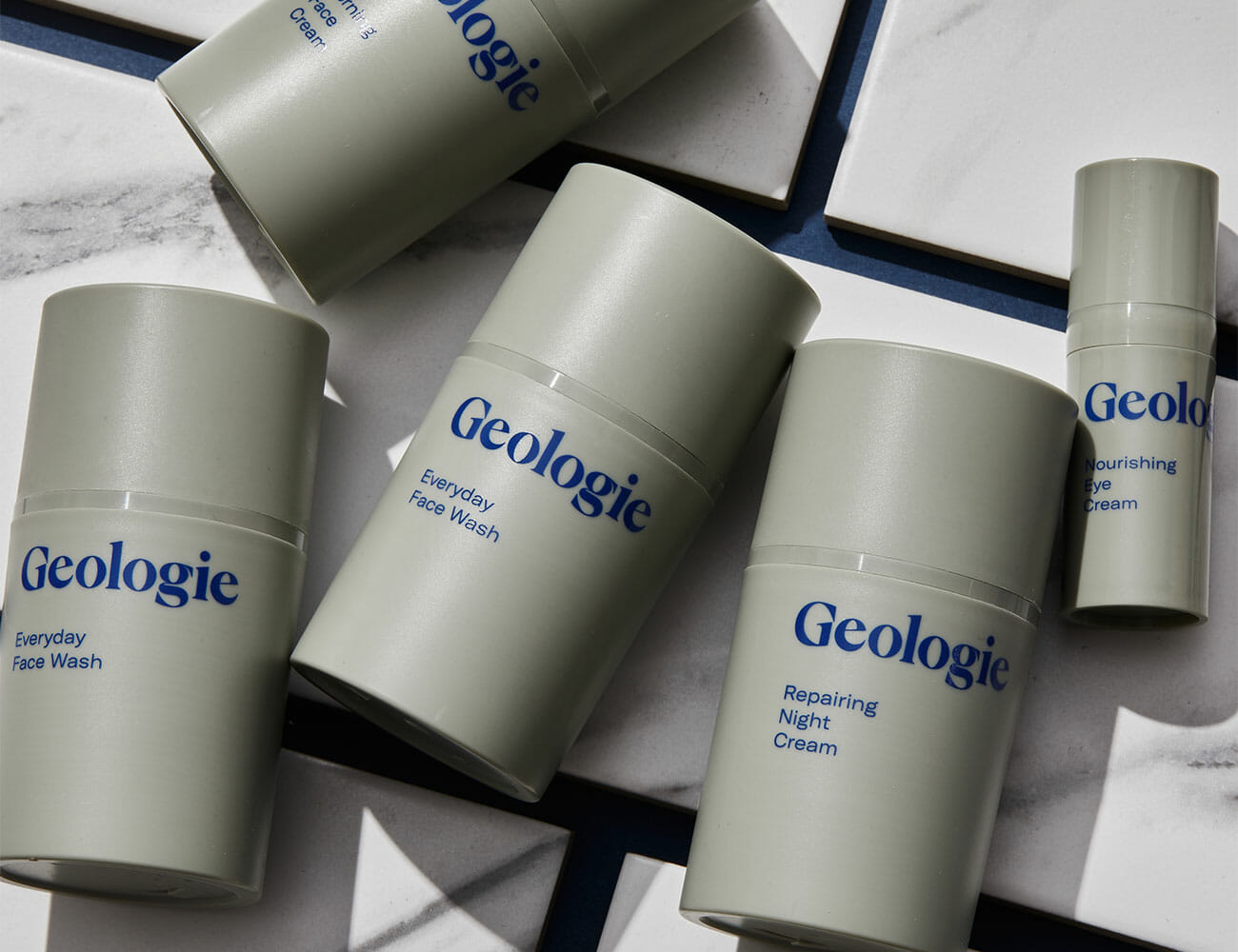
Every Geologie set comes with four products: two bottles of face wash, a day cream, a night cream and an eye cream, each tuned to different skin concerns.
He started Geologie to make that experience easier for men like him, which he says is why personalization is key. “The point of personalization is to make it easy. We’re going to give you a product that’s going to work for your skin right off the bat.” Geologie’s concept is similar to Proven: users complete a quiz that asks things like what products they’re currently using (if any), how often they shave, what their ethnic background is, and where they live (to assess environmental concerns). An algorithm then assigns the user to one of 36 skin profiles that Geologie has developed with the help of a dermatologist. Each Geologie regimen has four products (a cleanser, morning cream, night cream and eye cream) and costs $45 for a one-month trial supply.
While there are a few factors that make Geologie’s formulations male-specific (“men have 25 percent thicker skin and produce more oil, so we have the right ingredients in the right proportions for their skin,” says Allen), it’s more about the conversation with the customers. “The big differentiator for us is that we have amazing customer service,” says Allen. “Guys have a lot of questions and we have a direct line of communication with them. We can make an adjustment and ship out a new formulation in a day.”
That communication is at the core of personalization — and no amount of data or artificial intelligence can replace it. At least, that’s what dermatologist Dr. David Lortscher thinks. When he started Curology over four years ago, it was because he noticed how easily he could help acne patients clear up their skin, but how few people made the effort to come see him. “The products that are out there in the common market are really good for 40 percent to 50 percent of people, but for the other percentage, we need to get them ingredients that aren’t in [over the counter products],” he says. “To do that, we need people to be able to access a medical provider from their phone.”
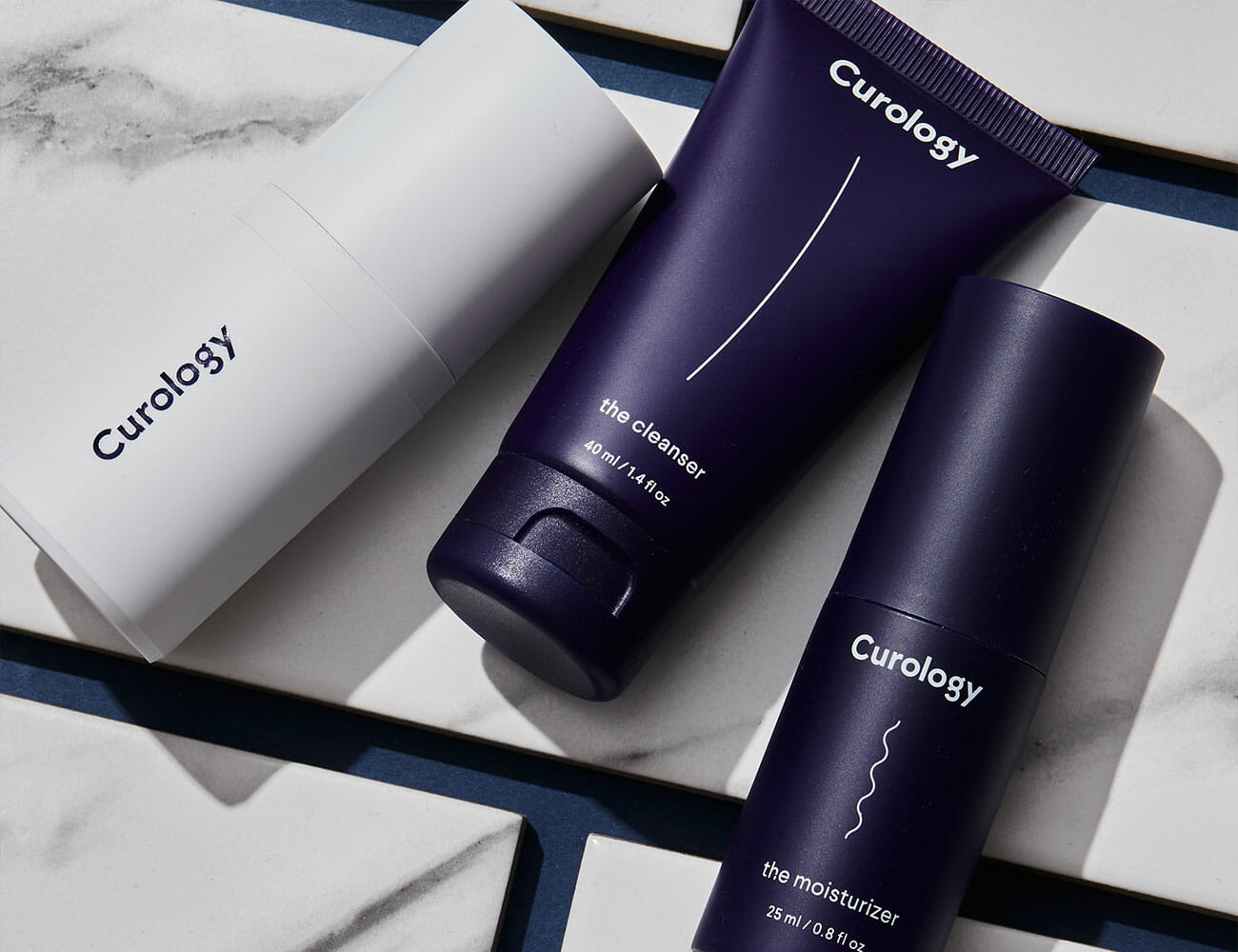
Curology, which targets acne specifically, requires patients to work with medical professionals before it creates customized formulations.
Curology’s primary focus is on acne solutions. It uses telemedicine combined with a user quiz to create custom formulations. After taking the initial quiz, each user is paired with a medical professional and is required to send photos of their skin before their personalized formula is prepared. This added element, Lortscher believes, is what makes all the difference. “Because [Curology is] a licensed medical provider, we are able to use actual prescription ingredients, like tretinoin, azelaic acid and clindamycin to achieve actual customization,” he says. When it comes to solving a problem like acne, he believes the medical element is essential. “We are not be able to create an AI solution that solves a problem [like acne] as well as a human can,” he says. “It takes more than an algorithm just spitting out an answer.”
That’s exactly why Nyle, a 22-year-old college student from Seattle, WA, originally tried Curology and has been using it for over four years. “I started using [Curology] in high school because I had acne problems and couldn’t find an over-the-counter product that helped,” he says. “But I didn’t feel like my skin was bad enough to go to a dermatologist.” His skin cleared within a few months, and he’s been using it ever since. The telemedicine element is essential to him. “I’ve adjusted my formula a few times over the years,” he says, “but I mostly talk to my provider about other ingredients that might interact with my product.” The relationship is what keeps him coming back.
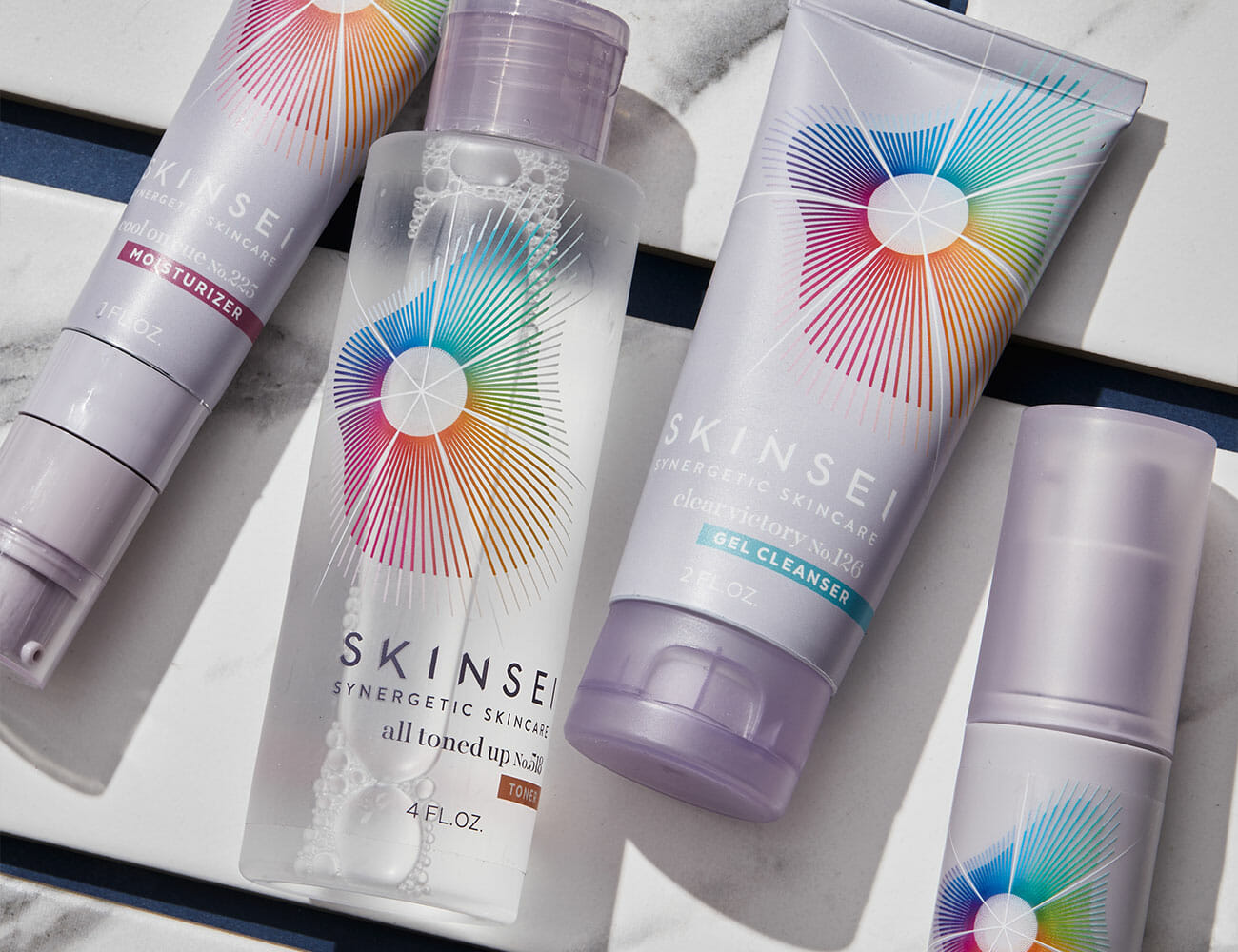
Skinsei, a new line from Unilever, proves big grooming companies are getting in on the game of custom skincare, too.
These upstart companies would argue their small size makes it easy for them to put the “personal” in personalization, but the big guys have started to get in the game too. Unilever recently launched Skinsei, another quiz-based model. And later this year Neutrogena will introduce MaskID, which uses the face-scanning Skin360 app to custom-print sheet masks based on users’ specific face shape and skin issues.
“Everyone feels that their skin is unique,” says Karen Brown, Neutrogena’s senior brand manager. “Even on one person’s face, there are multiple things going on, [and with MaskID,] we are able to print ingredients just in the area of the mask where the customer needs them. It gives a really targeted and precise treatment that wasn’t possible before.” Customers can order the mask directly from the app, and each one is printed fresh without templates. This development, at least for Neutrogena, marks the development of a consumer-led, artificial intelligence-assisted mentality. “Tech is evolving, and we’re looking at how it can help bring personalized skincare products to the consumer based on what they’re asking for,” says Brown. “This is certainly just the beginning.”


